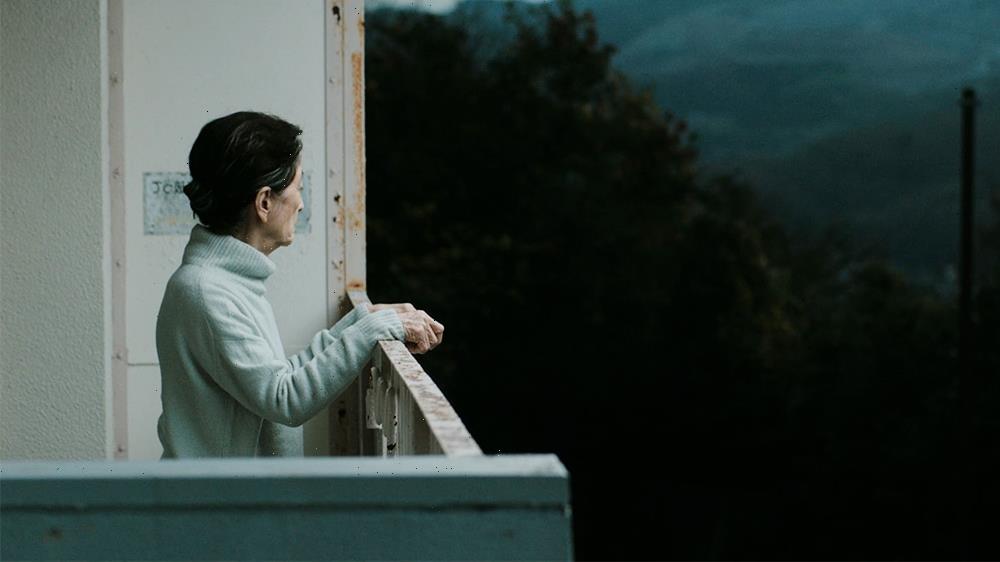The Japanese film industry has long been notoriously insular, a tendency the pandemic only exacerbated. As the Hollywood pipeline shut down in 2020, local audiences flocked to local films. In 2021, “Fast & Furious 9” was the only non-Japanese film to break into the year’s box office top 10, in the number 10 slot; in pre-pandemic 2019, six of the 10 highest-earning films were foreign, all from Hollywood.
Also, Japanese mainstream films, nearly all of which are based on pre-existing domestic properties, be they comics or TV series, rarely recoup any significant part of their budgets abroad. “The Japanese film industry has been self-sustaining and self-sufficient for decades, so selling overseas was never a necessity,” says producer Jason Gray, who together with wife Eiko Mizuno-Gray runs Tokyo-based production company Loaded Films.
The industry is slowly venturing out of its domestic comfort zone, as indicated by the Japanese-helmed titles at Cannes. One is “Broker,” a competition entry by Kore-eda Hirokazu, winner of the Palme d’Or in 2018 for his “Shoplifters.” Featuring Korean locations and an all-Korean cast headed by Song Kang-ho (“Parasite”), Doona Bae (“Kingdom”) and Gang Dong-Won (“Peninsula”), the film is distributed by Korean giant CJ E&M.
It is the second film Kore-eda has shot outside his native Japan, the first being “The Truth,” a 2019 drama starring Catherine Deneuve and Juliette Binoche as a quarreling mother and daughter in Paris.
Also, screening in Un Certain Regard is Hayakawa Chie’s “Plan 75,” a Japan-France-Philippines co-production set in a near-future Japan where a government program recruits elderly volunteers for euthanasia to reduce the burgeoning senior citizen population. Hayakawa’s first feature, the film was developed from her originally scripted segment of “Ten Years Japan,” a 2018 anthology film that examined Japan’s possible dystopian futures.
For “Plan 75,” over the course of several project markets, beginning with the 2019 Focus Asia in Udine, Italy, the Grays assembled an international production team that included Alemberg Ang of Manila-based Quantum Films, as well as Frédéric Corvez of Urban Sales and Maéva Savinien of allied production company Urban Factory, both based in Paris. From the start the Grays and their partners conceived the project as international in everything from development to distribution.
“One reason is that, for that a first-time filmmaker in Japan, it’s very difficult to raise the financing in Japan if the film is based on original script,” says Mizuno-Gray. “Also, we needed a budget large enough so the film would be of a good enough quality to compete in the international market. The only way to realistically do that was as an international co-production.”
Their 100 million yen ($780,000) budget, admits Mizuno-Gray, is “very rare” for a first-time Japanese director. By comparison, the budget of “One Cut of the Dead,” the 2018 smash-hit zombie comedy by then unknown indie helmer Ueda Shinichiro, was $23,000.
Assembling it, as well as making the film itself, required the sort of cross-cultural skills and experience still in all-too-short supply in Japan. Fortunately, the Grays and Hayakawa, a fluent English speaker, had both in abundance, which made for “transparent and open communication” says Savinien. “That is not always what happens.”
In Japan, opportunities are growing for non-Japanese filmmakers, who have long been confined to the industry’s fringes. One is American-born Thomas Ash, director of “Ushiku,” a hard-hitting documentary that examines harsh conditions inside Japan’s detention centers for visa overstayers, who are mostly from developing countries in Asia and Africa. Since opening in one Tokyo theater on Feb. 26, the film has not only shaken up the Japanese media, which largely ignored the story, but also rolled out to 38 screens nationwide.
Meanwhile, more Japanese filmmakers are examining the lives of non-Japanese both abroad and within, a country that has long defined itself as racially and culturally homogenous. Among the most prominent is Fujimoto Akio, an Osaka-born director who pre-pandemic lived and filmed in both Myanmar and Tokyo. His 2020 “Along the Sea,” a Japan-Vietnam co-production about three young Vietnamese women working hard-labor jobs in Japan’s frigid north country, screened widely abroad, beginning with the San Sebastian festival, and won kudos at home, with Fujimoto receiving the prestigious Oshima Prize, which is awarded annually to up-and-coming filmmakers.
The industry’s growing diversity is not limited to makers of serious social problem films, however. American-born Matthew Chozick, whose black comedy “Toshie the Nihilist” appears in this year’s Cannes Short Film Corner, has carved out a prosperous career in Japan as a writer, actor and a guest on a primetime infotainment show hosted by comedian/director Kitano Takeshi.
The film, which has won numerous awards since premiering at the 2021 L.A. Shorts Intl. Film Festival, was developed and produced in Japan, with name Japanese talent, including composer Onogawa Hiroyuki who scored 2017 Un Certain Regard Jury Award-winner “Harmonium.”
“The industry here is definitely becoming more open, particularly for arthouse and independent cinema projects,” says Chozick.
“At the same time, overseas streamers and production companies are coming here to film more international projects.”
Source: Read Full Article
